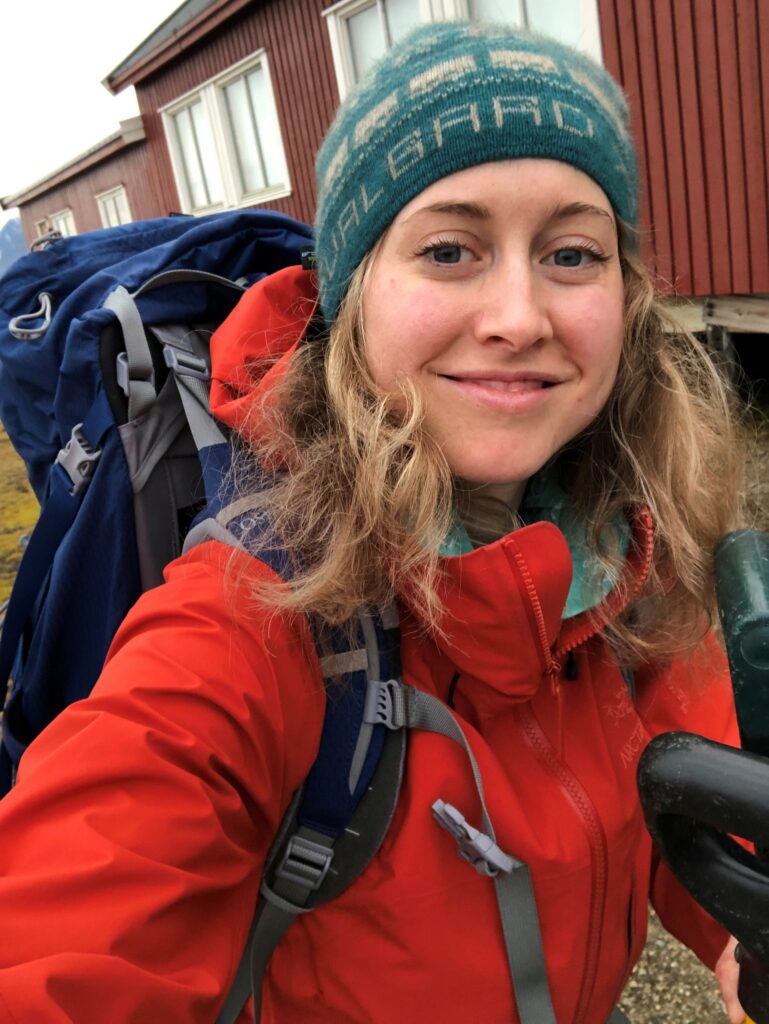Meet FEMS Research and Training grantee Margaret Cramm
26-04-23
Research and Training Grants are meant to assist early career scientists in pursuing research and training at a European host institution in another country than their own country of residence.
 Margaret Cramm: Queen Mary University of London, London, United Kingdom
Margaret Cramm: Queen Mary University of London, London, United Kingdom
Host supervisor and host laboratory: Dr. William Orsi, Ludwig Maximilian University (LMU) of Munich, Germany
Dates: 30 October to 27 November 2022
FEMS Member Society Membership: Microbiology Society
I am an environmental microbiologist from Canada. My scientific interests include astrobiology, microbial dormancy, and climactic effects of microbial life on Earth. I am also interested in social critical philosophy as it relates to the production of science. I have experience researching microbiology in the deep subsurface, arctic marine methane seeps, and permafrost.
I visited William Orsi’s laboratory in Ludwig Maximilian University of Munich to do quantitative stable isotope probing on DNA from microorganisms in permafrost. After organisms grow in the presence of a heavy isotope (for example H218O) the DNA becomes heavier because the isotope is incorporated into newly synthesized DNA. DNA can be separated into light and heavy fractions based on its weight, with the DNA from growing organisms found in the heavy fraction. Sequencing DNA and qPCR or functional genes in the heavy and light fractions allows the taxonomy and function of growing microorganisms to be understood. Dr. Orsi’s lab features bespoke DNA fractioning equipment that I used to fraction DNA from organisms growing in thawing permafrost in the presence of H218O. This work will reveal the taxonomy and function of growing microorganisms in recently thawed permafrost.
I applied for a FEMS Research and Training Grant to support my visit to William Orsi’s lab which hosts unique equipment for implementing quantitative stable isotope probing of DNA. This technique is labour intensive and time consuming. For example, only one experimental grouping (a labelled sample and its control, each in triplicate) can be processed every 4 days. I required 4 weeks of time in Dr. Orsi’s lab to complete this work. This grant supported my accommodation and travel during this visit.
I intended to complete fractioning of DNA from 8 experimental groups exploring microbial communities from different layers of a permafrost column during thaw under different warming conditions. I succeeded in completing this work while I was visiting Dr. Orsi’s lab.
This method could not have been done without the support of the FEMS Research and Training grant because I did not have funds to support my visit prior to applying for this grant. I am grateful for this financial support.
Did you know about FEMS before applying for the grant?
Yes. My colleagues were familiar with this grant and suggested that I apply for it.
I am grateful for funding opportunities, especially those that support lab visits and in-person collaborations.’’
–
We use income from the FEMS Journals to fund grants, awards, and projects, and to support our knowledge sharing events and initiatives. Consider publishing your research with our journals to help the global microbiology community.
